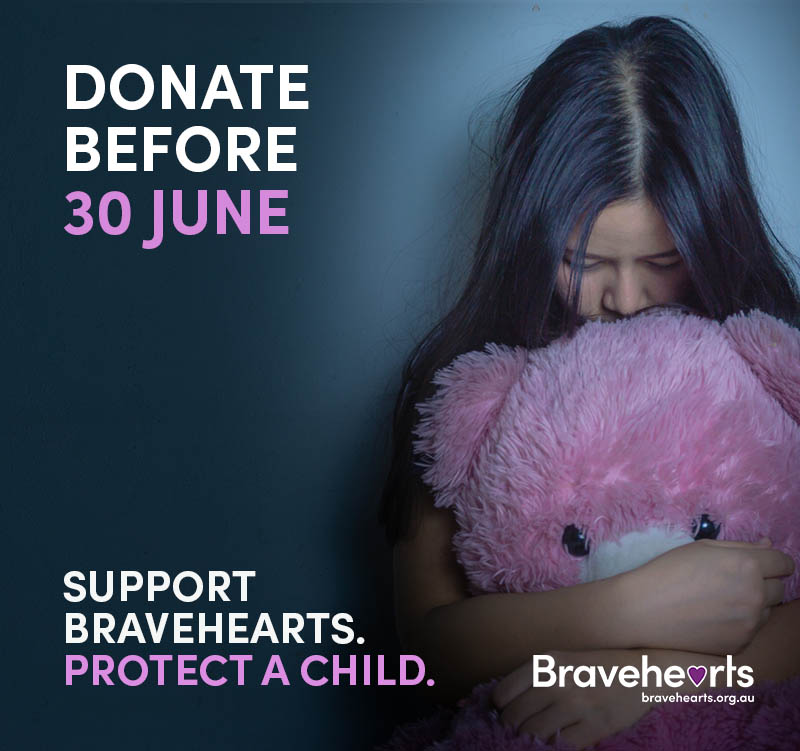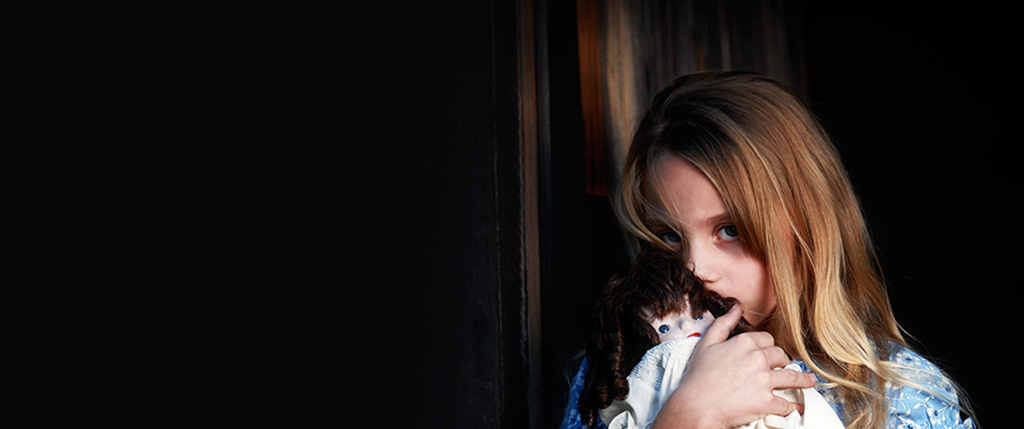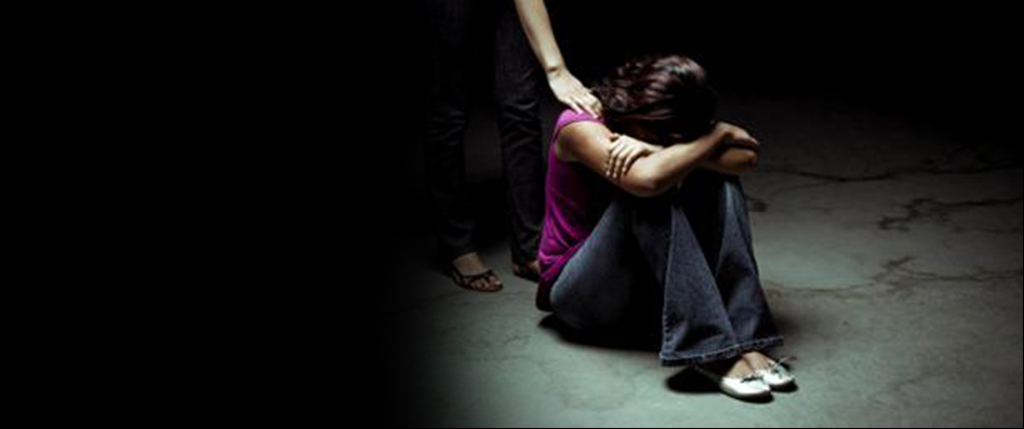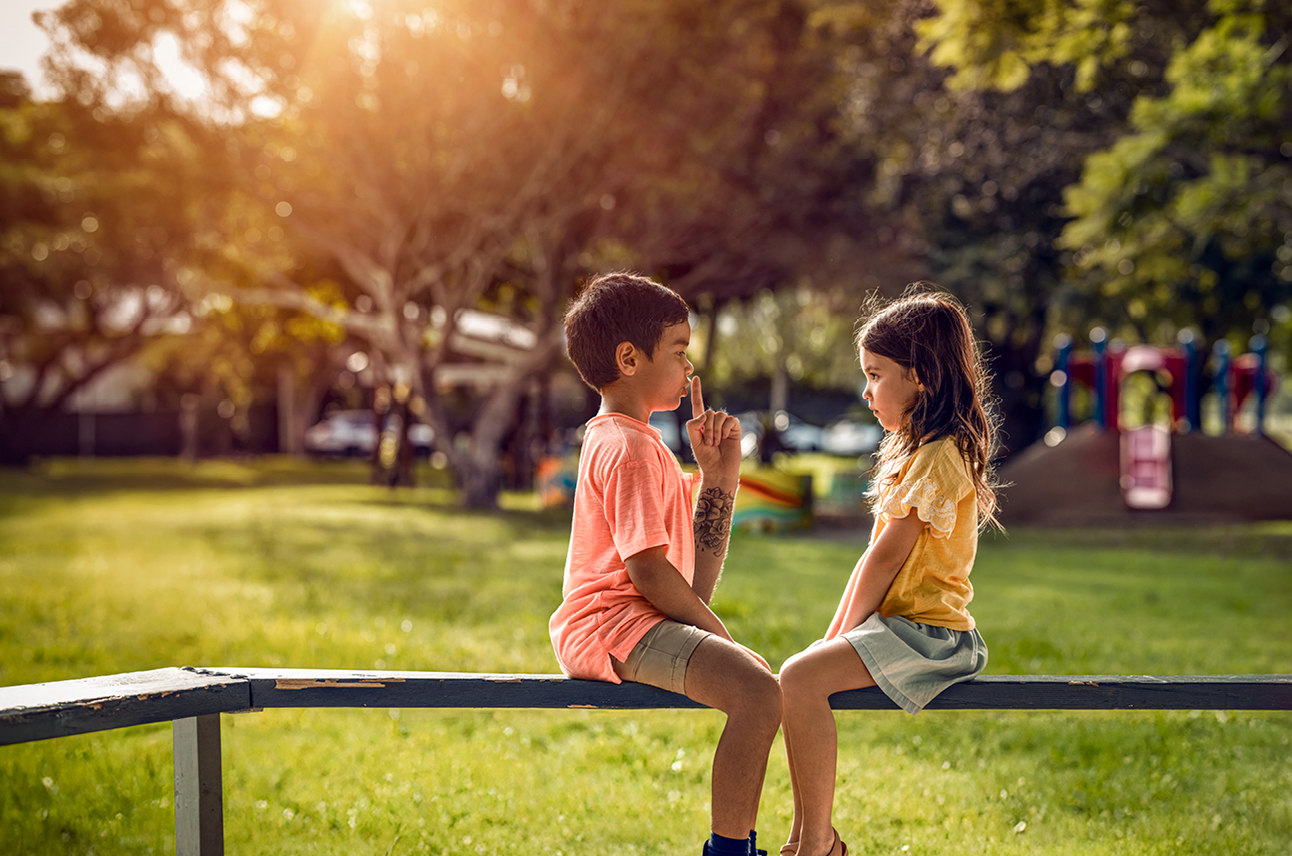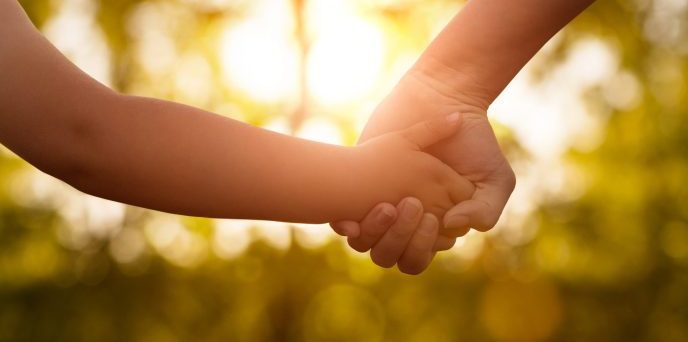About Child Sexual Abuse
- Free Resources
- What is Child Sexual Abuse?
- What are the Signs of Child Sexual Abuse?
- What are the Effects of Child Sexual Abuse?
- What is Grooming?
- What is Consent?
- Sexual Behaviours in Children
- Myths About Child Sexual Abuse
- Online Grooming & Child Sexual Exploitation
- Teaching Children Personal Safety
- Responding to a Disclosure of Sexual Abuse
- Historical Child Sexual Abuse
Helpful Links
- Home > About Child Sexual Abuse > What are the Effects of Child Sexual Abuse?
What are the Effects of Child Sexual Abuse?
Children who experience sexual abuse can suffer a range of psychological and behavioural effects, from mild to severe, in both the short and long term.
The effects of child sexual abuse vary depending on the circumstances of the abuse, the child’s developmental stage and how the adults around the child respond to the abuse.
The experience of child sexual abuse can change the way a child understands their world, the people in it and where they belong. Their understanding of themselves and the world around them can become distorted, and create feelings of mistrust, fear, and betrayal. Depending on the relationship and duration of the sexual abuse, subsequent relational trauma could affect their ability to connect with others and themselves. Their personality and behaviour might change markedly from what they were prior to the abuse.
The manipulative nature of grooming that many sexual offenders use to get close to their victims can cause ongoing thought distortions, self-identity issues, relational harm and isolation of the child.
Child sexual abuse is associated with many different negative impacts including medical, psychological, sexual, self-harm, and others. Adult survivors of child sexual abuse may experience sexual disturbance or dysfunction, depression, and anxiety. Research has found that anxiety, fear, and suicidal ideation and behaviour are more likely in instances where the perpetrator used force and threat of force. The age of onset of the abuse, duration and outcome is characteristic of higher trauma symptom levels. For example, the longer the duration of the abuse the greater impact on the child’s identity.
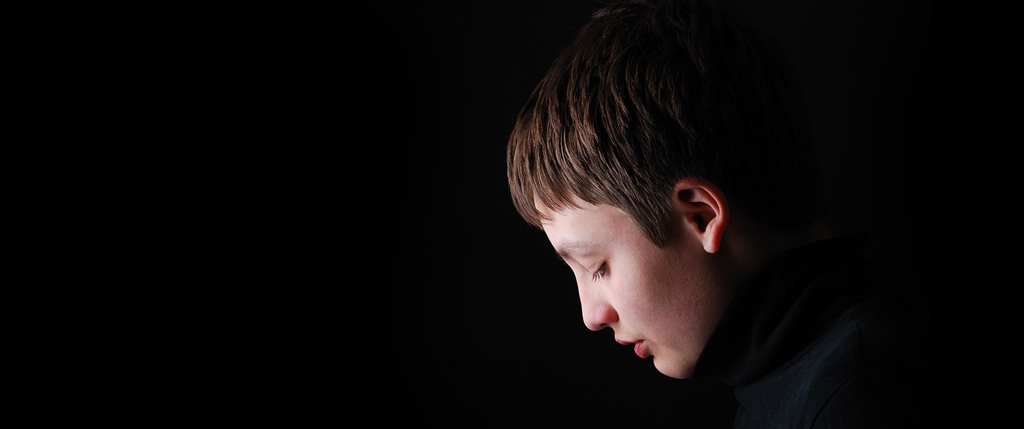
Possible short-term effects of child sexual abuse
- Increased illness, body aches or other physical complaints
- Poor attendance or performance at school
- Difficulty concentrating or memory loss
- Mood changes
- Regressive behaviours
- Sleeping and eating disorders
- Lack of self-esteem
- Nightmares
- Self-harm or suicidal thoughts
- Self-hatred or reduced self-esteem
- Disinhibited behaviour
- Zoning out or not listening
Possible long-term effects of child sexual abuse
- Suicidal ideation
- Post-traumatic stress
- Sexual difficulties
- Inability to form lasting relationships
- Identity difficulties
- Relationship problems
- Parenting difficulties
- Alcohol and substance misuse
- The development of violent behaviour
- The development of criminal behaviour
Believing children and getting them the right support can help reduce long-term trauma symptoms
How the adults around the child initially respond to the abuse can greatly affect the long-term outcome for the child and impact their ability to recover from associated trauma symptoms.
If a child is not believed and supported appropriately after a disclosure it can lead to a higher level of trauma for the child, resulting in significantly more negative long-term physical and mental health outcomes for the child.
Conversely, if the adults around the child act protectively, the child is believed and the right support is provided, the child has the best possible chance of recovering from the trauma.
Support is available from several organisations, including Bravehearts. Bravehearts’ Information and Support Line 1800 272 831 can assist you with identifying the right support services for you.
PROTECTING CHILDREN AND YOUNG PEOPLE FROM SEXUAL ABUSE: DOWNLOAD OUR FREE GUIDE NOW
 BACK
BACK
